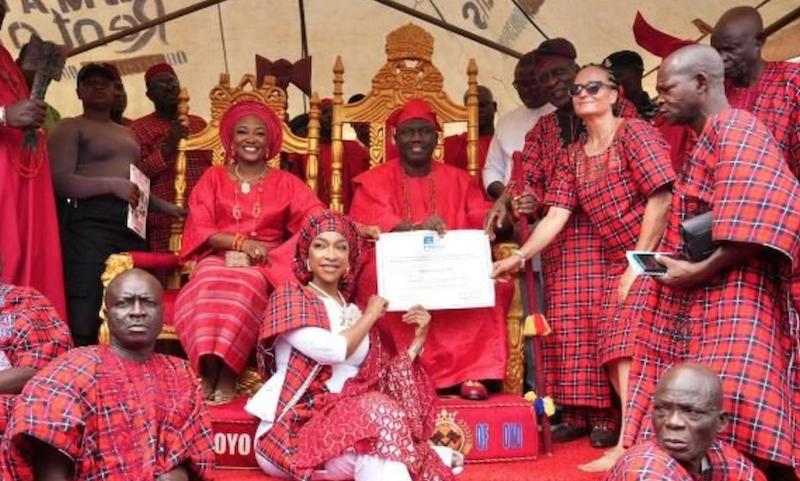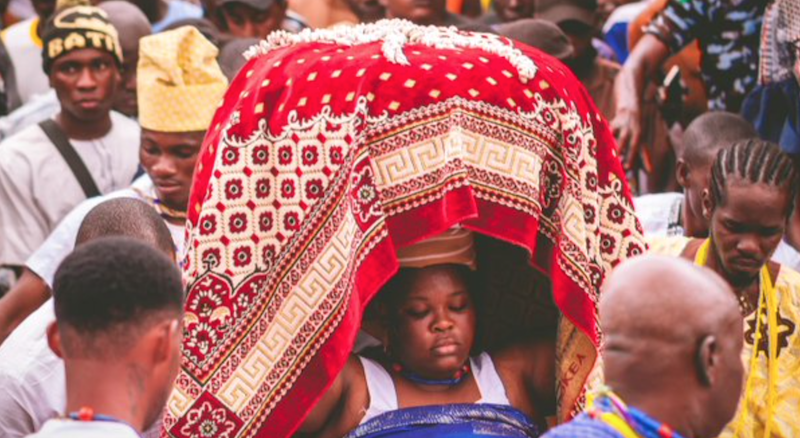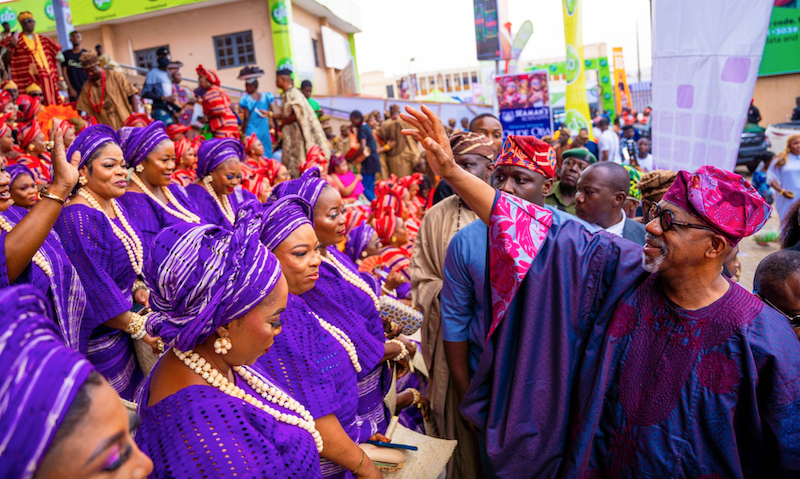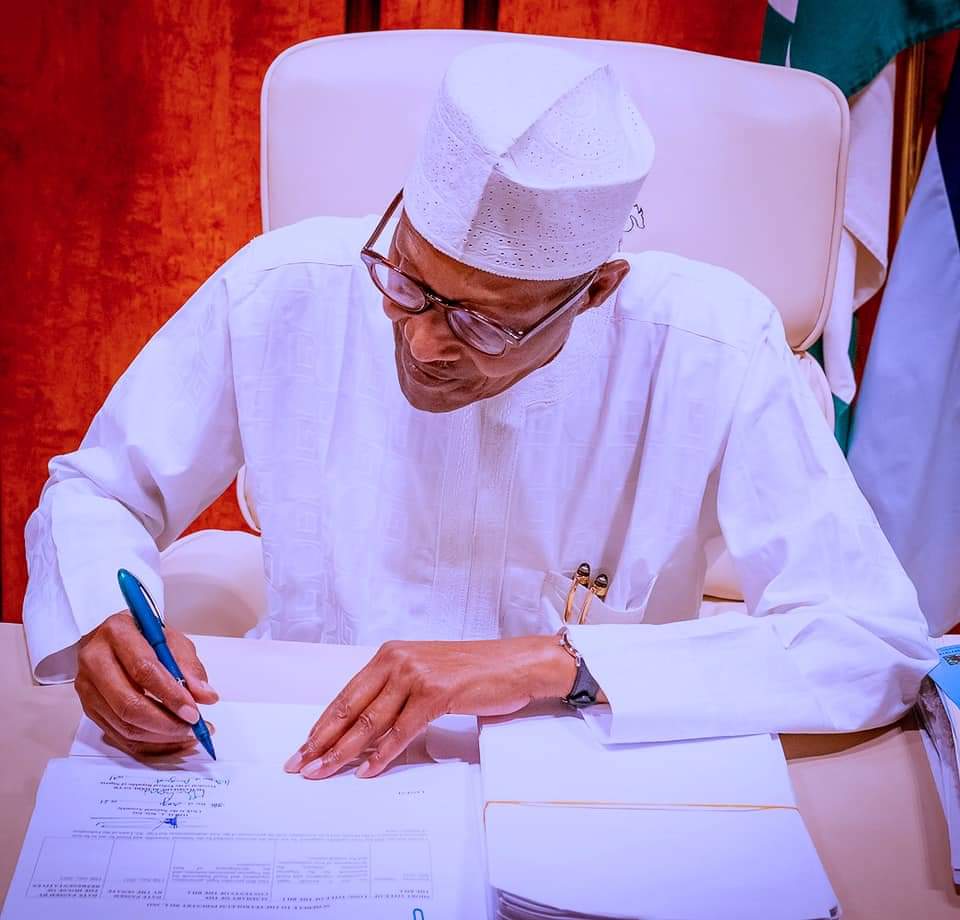The month of January 2023 has been one of the bloodiest in the Palestine with at least 35 killed in various Israeli raids. Uncharacteristically, some Israelis were also killed. This happened when a lone Palestinian, armed with a handgun killed seven Israelis in East Jerusalem, the traditional home of the Palestinians.
Last year, 170 Palestinians were killed in Israeli raids with about 10,000 injured. The Israeli system does not discriminate between adults and minors; Israeli forces between September 29, 2000 and December 26, 2008, killed 1,084 Palestinian children.
Many of these conflicts arise out of the forced displacement and resettlement of Palestinians into internally displaced peoples camps, and the continuous illegal encroachment of Israeli settlers on more Palestinian lands like Jenin.
The January 2023 killings in the Palestine coincided with this year’s International Holocaust Remberance Day which held on Friday January 27. It marked the horrific mass murder of six million Jews by Nazi Germany. There can be nothing more despicable than the Holocaust. There can be no excuse. But there is something about selective memory in world affairs. Without intending in any way to down play the horrific holocaust, how come the international community does not remember the 15 million Africans massacred in the Democratic Republic of Congo, DRC by the Belgians under King Leopold II?
For the massacre of six million Jews, West Germany agreed in September 1952 to pay Israel $714 Million as reparation, why is Belgium not made to pay reparation for 15 million massacred Africans? Rather, Belgium continues to keep the wealth and artefacts stolen from the DRC. Why does ‘The International Community’ pretend the genocide in the DRC never occurred?
The criminal Holocaust was carried between 1941 and 1945, but about four decades before, genocide was visited by the same German establishment on the Namibian people. In that first genocide of the 21st Century, the Germans who wanted to turn that beautiful country into a White Settler state, killed 65,000 of the 80,000 inigeneous Herero people, and over 10,000 or half of the population of the Nama people.
It was also in Namibia that the German establishment first experimented the mass killing methods like gassing people which they used in the Holocaust. Perhaps if the world had stood against the Namibian genocide, that of the Jews, four decades later, would have been avoided. In April 1915, the Turks began the extermination of the Armenian people. About 1.5 million Armenians were massacred. Maybe if the world had risen up against the Armenian genocide, that against the Jews would not have occurred. But because the powerful arm of humanity rather than criminalise genocide, has been selective on which mass slaughter is acceptable and which is not, we continue to experience the horror, and in some cases, the perpetrators get away with it.
However, that a people were victims of genocide does not mean they would condemn the next genocide or even not perpetuate their own. This is the case of the genocide being carried out against the Palestinians by the Israeli state. This has gone on for decades, yet the ‘international community’ is not only silent, but states like the United States of America, USA has never hidden its full support for the Israeli establishment which is perpetrating these crimes against humanity.
Israel has in the last few years become even more emboldened to perpetrate its genocide against the Palestinians following the accession of President Joe Biden to power in the USA. In a speech in July, 2022, Biden said: “seeing Israel thrive, seeing the wildest dreams of Israel’s founding fathers and mothers grow into a reality that Israel’s children enjoy today, to me is close to miraculous…A nation that has forged peace before and can do it again…And a nation that will never dwell alone, because as long as there’s the United States you will never be alone.”
Except for the Belgian genocide in the DRC which was based on economic greed, perpetrators of genocide are usually guided by self-righteous ideology which gives them a sense of superiority and makes them see their victims as inferior beings.
Nazism, the ideology of Hitler’s Germany saw the Aryan as a racially pure and superior people with the divine duty to rule the world. They saw the Jews as inferior beings who may contaminate them. So to them, in exterminating the Jews, they were not killing human beings.
This was the same ideology that informed the Apartheid system which saw Whites as superior with the divine right to own South Africa, Namibia and Zimbabwe, and if necessary, to eliminate the indigenous Black population, which to them, are inferior beings.
The Israeli Zionist ideology, like Nazism, sees the Jews as a superior race to whom God had given the Palestine; a land flowing with milk and honey. They project themselves as God’s ‘Chosen People’ who are superior to their Palestinian neigbours. The leading Israeli ideologues like Prime Minister Benjamin Netanyahu see the Palestinians as inferior beings, hence killing them as they have done for decades and stealing their lands is a spiritual duty.
This is also why the Israeli state, using its secret service, the MOSSAD goes around the world killing those they see as the enemies of Israeli. This is why Israel in its massacres, does not differentiate between adults and children.
After building a terrorist state, the Israeli establishment is always raiding and killing the Palestinians in the name of fighting ‘terrorism’ and terrorists. It is so lawless and disdainful of international conventions and opinions that the Palestinian Journalists Syndicate has a list of 46 journalists killed since 2000 by the Israeli military.
The United Nations Educational, Scientific and Cultural Organisation, UNESCO, has documented 21 journalists in the Palestine killed by the Israeli military since 2002. The most infamous murder of a journalist was that of Palestinian-American journalist, Shireen Abu Akleh who while standing with colleagues with a bold press tag on her, was taken out by an Israeli military marksman.
To the Israeli establishment, anybody opposed to its genocide in the Palestine, is a terrorist. This is why they are always attacking and bombing Iran and its military facilities. This is why they bomb Syria without provocation.
The civilized world knows that the Palestine belongs to two major nationalities; the Israelis and the Palestinians, hence it is has settled for a two-state solution in which both peoples would live in secured states of their own. But the Israeli establishment which is today, peopled mainly by far right elements, wants to steal what is left of the Palestinian lands after its aggressive land grab began in 1967. In doing this, Israel is ready to exterminate the Palestinians thereby creating a new Holocaust in their own image.







